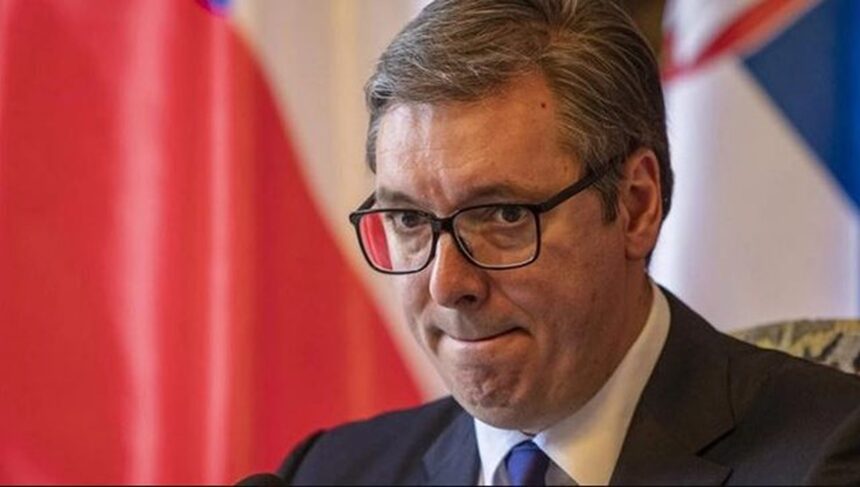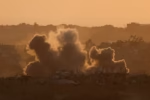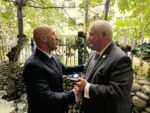Serbian President Aleksandar Vučić and his ruling Serbian Progressive Party (SNS) face a significant challenge in the upcoming parliamentary elections, with recent polling indicating they are on track for a potential loss. A survey conducted by Sprint Insight between June 23 and July 5, involving 1,458 respondents, reveals widespread dissatisfaction with the current government.
More than half of those surveyed (53.5%) believe Serbia is heading in the wrong direction, while only 33.5% express optimism about the country’s future. The poll suggests a growing desire for change, with 54.8% of respondents supporting the “student list” – a new coalition of professors, workers, farmers, experts, and students – compared to 42.1% backing Vučić’s coalition, which includes the SNS, the Socialist Party of Serbia (SPS), and the far-right Zavetnici.
Growing Discontent Amid Protests
Vučić, who has dominated Serbian politics for 12 years and frequently resorted to snap elections, appears to be losing his grip amidst escalating public discontent. The ruling party is facing its most serious challenge yet, fueled by ongoing student-led protests that erupted following a tragic accident in November 2024. The collapse of a concrete canopy at Novi Sad railway station, which killed 16 people, triggered widespread demonstrations against alleged corruption and mismanagement.
The tragedy led to the resignation of then-Prime Minister Milos Vucevic in January 2025 and a cabinet reshuffle. However, unrest has persisted. While protests were largely peaceful in early 2025, clashes between demonstrators and police have become more common since late June, escalating tensions nationwide.
According to the poll, 42.3% of respondents explicitly reject the current government, with only 26.8% expressing full support. Trust in Vučić has eroded significantly; nearly 40% stated they never trusted him, and an additional 12% reported losing trust in recent months.
Key Issues and Call for Snap Elections
Corruption and mismanagement of public funds were cited by 30.7% of respondents as key drivers of the recent slowdown in economic growth, while 16.4% attributed the deceleration to ongoing student blockades and civil unrest. Economic hardship remains acute, with over 11% describing their living conditions as “very hard” and nearly half struggling to make ends meet.
Public confidence in institutions is low, with only the church and military maintaining moderate trust levels. More than half (52.6%) believe the government failed to act responsibly following the Novi Sad tragedy.
The call for extraordinary parliamentary elections, championed by student protest leaders since May, has garnered substantial support: 33.1% of respondents fully back the demand, with another 18.2% mostly supportive.
The political landscape is fragile, with the potential for further unrest and unpredictable developments. Vučić may soon yield to pressure to call snap elections to salvage his political standing, risking an end to SNS’s long-standing dominance if the student-led opposition can unite around a credible alternative.
Despite the political turmoil, nearly half of those surveyed (46.9%) still favor democracy over other systems, although almost a quarter expressed openness to a “firm hand” in certain situations.
Serbia’s geopolitical orientation remains divided: 16.7% prefer alignment with China and Russia, 28.5% support a non-aligned stance closer to the East, 18.5% favor closer ties with the West, and 25.3% remain undecided.







